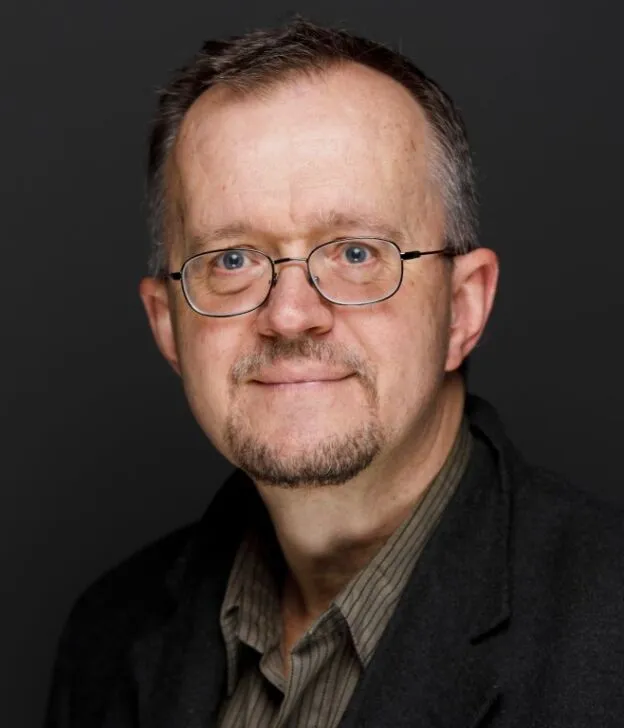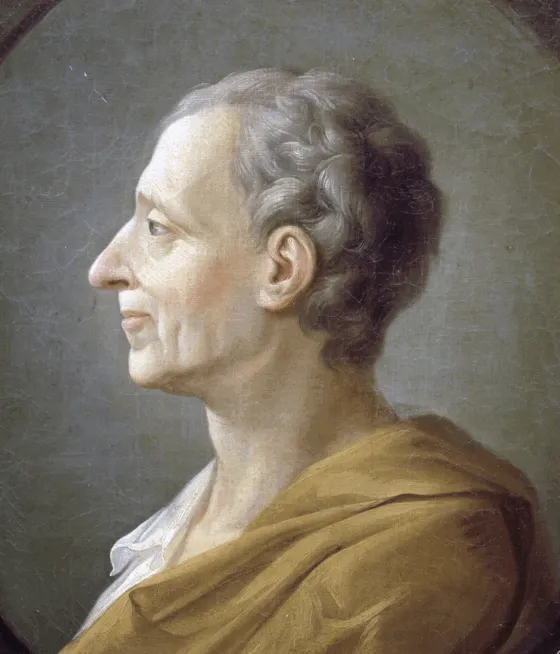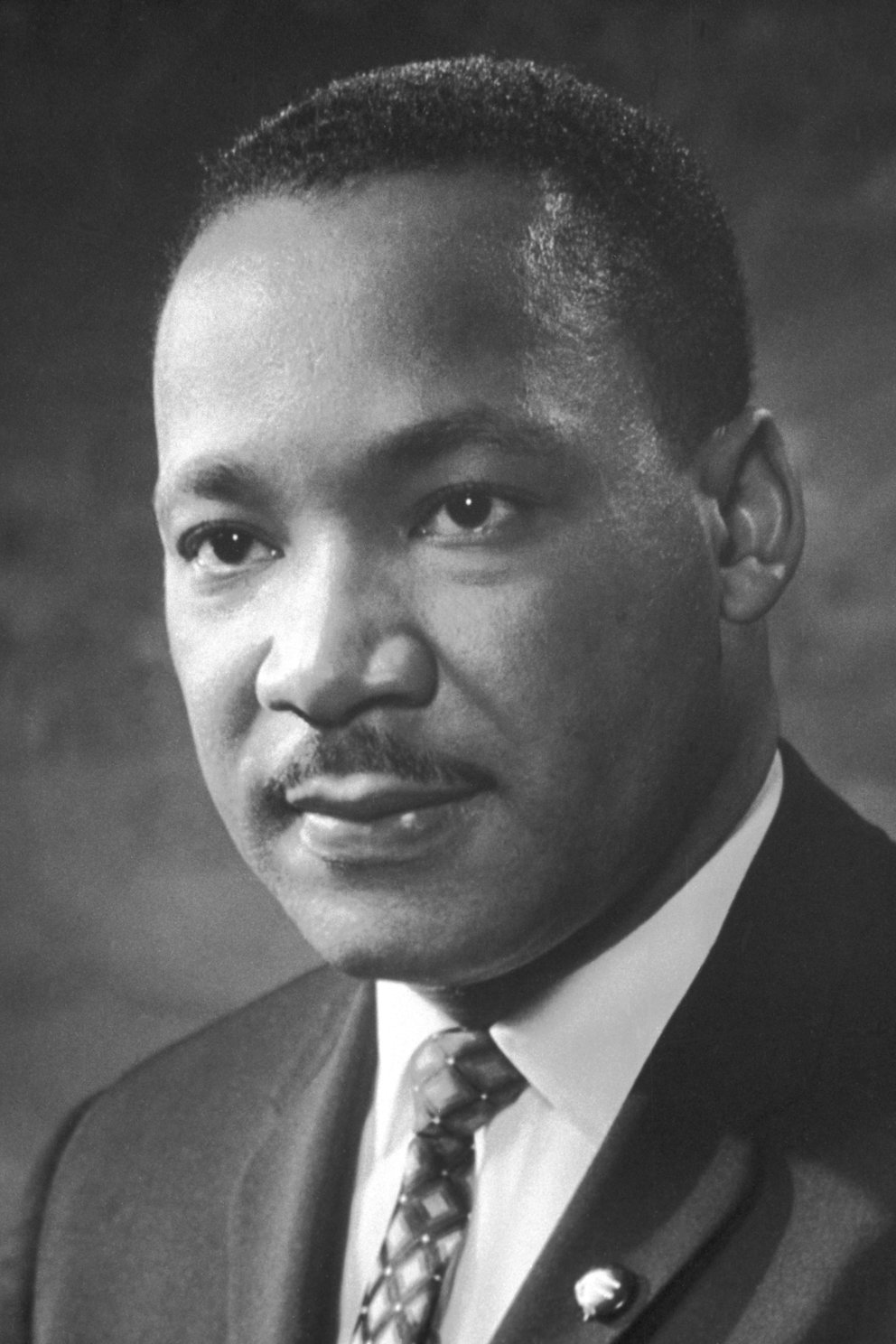
An interview with Aurelian Craiutu
JMC Resident Historian Elliott Drago sat down with JMC Network Member Aurelian Craiutu to discuss his insightful research on moderation. Professor Aurelian Craiutu is Chair of the Department of Political Science at Indiana University, Bloomington. He has held visiting professorships in France, Spain, Hungary, and Romania. Professor Craiutu has published and edited several books on French political thought.
ED: What inspired you to become a political scientist?
AC: I didn’t study to become a political scientist. I grew up in communist Romania where there was no option of studying “political science” as we know it today. Hence, I studied economics, and at some point, I became interested in the history of economic ideas. From there, I eventually transitioned to the history of political thought and political theory broadly speaking. The book that really influenced me was Tocqueville’s Democracy in America. I read it in the original French, and it was a real coup de foudre. I fell in love with Tocqueville’s style and ideas and have remained under his spell ever since.
An engaged spectator
ED: What led you to write your book?
AC: As an engaged spectator, I am concerned about the future of our country, and I am far from being alone in this regard. Ours is an age of hyper-polarization and sectarianism that has little or no room for nuance and dialogue. Hence, I wrote Why Not Moderation? as an antidote to all that. The book has a complex structure around a series of letters addressed to young (and old) radicals who don’t believe in the virtue of moderation and dream of total revolution. The world is full of them and every one of us knows some people who belong to this category.

I also wanted to reach beyond academia. As such, this is a trade book addressed to a large (educated) audience interested in politics and worried about the direction of our country. But it is more than a circumstantial work. It is part of a larger intellectual agenda that started with my doctoral dissertation at Princeton, devoted to the French Doctrinaires, a group of nineteenth-century liberals who sought to carve out a middle ground between revolution and reaction.
I have published four books on the concept of moderation (in both English and Romanian) since 2006 and have tried to rescue from oblivion a key concept of our political vocabulary—moderation—that has a bad press today and is often either neglected or misinterpreted. Needless to say, it has often been a solitary experience—after all, it pays off to be an extremist these days—but I think the study of moderation has a bright future precisely because we live in a new age of extremes devoid of moderation.
ED: How do you define “moderation,” and can you give us some examples of how your definition of moderation operates in practice?
AC: One thing I seek to do is to emphasize the complexity of this concept. Hence, I am reluctant to offer one single definition of moderation. Instead, I prefer to refer to (and explore) the archipelago of moderation in the history of political thought. This is what I did in A Virtue for Courageous Minds (2012) and Faces of Moderation (2017). The archipelago spans centuries and cultures and includes figures as diverse as Thucydides, Aristotle, Cicero, Montaigne, Pascal, Montesquieu, Burke, and Tocqueville.
Rethinking moderation
AC: In my works, I start from the assumption that moderation is a contested concept that, with surprisingly few exceptions, is absent from our public debates. Today, the single famous line that people sometimes may remember belongs to Barry Goldwater: “Extremism in the pursuit of liberty is no vice, moderation in the pursuit of justice is no virtue.” Although Goldwater’s skepticism toward moderation did not fare well in the 1964 presidential election, his witty words continue to provoke. They invite us to rethink the nature of moderation and examine who is afraid of this misunderstood virtue and why. In my lecture, I argue that moderation is a complex virtue with many ethical, institutional, and constitutional facets and a distinguished genealogy which is often neglected. Last but not least, moderation is also a certain ethos.

AC: If you pressed me to offer a definition, I would say that the most inspiring definitions of moderation in my view can be found in the writings of two seventeenth-century English thinkers and Montesquieu. In 1640, Joseph Hall defined moderation as “the silken string that runs through the pearl-chain of all virtues.” Four decades later, Marquess of Halifax referred to moderation as an art of balance, trimming. The political meaning of moderation became predominant in the eighteenth century, when the relationship between moderation, institutional complexity, and checks and balances came to the fore, as illustrated in Montesquieu’s The Spirit of the Laws and The Federalist Papers, among others.
Montesquieu praised moderation as the supreme virtue of legislators and wrote at length of the concept of moderate government that inspired our Founding Fathers. In Montesquieu’s view as well as in the Federalist Papers, moderation was linked to balance of powers. Not surprisingly, the word moderation appeared many times in the Federalist Papers and played a key role in George Washington’s famous Farewell Address.
ED: What advice would you give to college students who may feel inhibited by those who view moderation as cowardly, or in your words, “a weak virtue”?
AC: Forget everything you might have heard about moderation from the press or your peers. Instead, do read the works that belong to the archipelago of moderation and familiarize yourselves with their main ideas. Then try to see what remains relevant for us today and what should be discarded. In that order!
ED: Explain why many Americans identify themselves moderates or independents within a political culture that seems to abhor or at least belittle moderates and independents.

AC: It is no secret that moderation has an image problem in our world of “fake news” and “alternative facts,” dominated by bubbles and echo chambers. Politicians run for office in a climate dominated by hyperbole, hyper-polarization, and sectarianism. They are keen to distinguish themselves from those few who are still willing to work across party lines to strike reasonable and timely compromises. Their mentality is often “My way or the highway,” which fostered the appearance of a nefarious cancel culture. Moderates have been the victims of ruthless primaries, gerrymandering, and public insults in political primaries in which they have been challenged by opponents who campaigned by stressing political purity and litmus tests.
No wonder then that moderation carries the connotation of weakness, timidity, and indecisiveness. On this view, moderation is practiced only by weak individuals unable to hold firm opinions or make strong decisions. Others equate moderation with opportunism or see it as a synonym of mediocrity and pettiness. According to this view, moderates lack moral principles, endorse dubious compromises, and/or defend an unsavory center devoid of substance.
Yet another view is that moderation can never be truly radical or democratic enough because it lacks a clear moral or political compass and moderates never go far enough. According to this claim, moderation amounts in practice to endorsing the status quo or condoning various forms of injustice. Those who embrace such a form of moderation do not really care about addressing injustice and reducing inequalities. This was “the moderation of the white man” criticized by Martin Luther King Jr. in his famous Letter from the Birmingham Jail (1963).
ED: How did the American founders embed moderation into America’s founding documents?
AC: Our Founding Fathers were familiar with the works that belong to what I described above as the archipelago of moderation. They read not only Aristotle and Cicero, but also Montesquieu and Locke. The very concepts of checks and balances and federalism are part and parcel of the institutional aspects of moderation.
A pillar of the republic
ED: What’s one thing you wish everyone knew about the American political tradition?
AC: Moderation played a key role in George Washington’s famous Farewell Address. Our first President regarded moderation as a pillar of the republic and a sign of power rather than weakness. American democracy, he cautioned us, may be fatally weakened if we allow immoderation “ill-founded jealousies and false alarms” to dominate the political scene, opening the door to “foreign influence and corruption.” In turn, John Adams admitted that without moderation, “every man in power becomes a ravenous beast of prey.” It would be so nice to heed his words today! Is that another utopia? I don’t know but it is best to let our readers decide for themselves.

ED: Thank you for your time!
Dr. Elliott Drago serves as the JMC’s Resident Manager of Network Engagement & Resident Historian. He is a historian of American history and the author of Street Diplomacy: The Politics of Slavery and Freedom in Philadelphia, 1820-1850 (Johns-Hopkins University Press, 2022).
